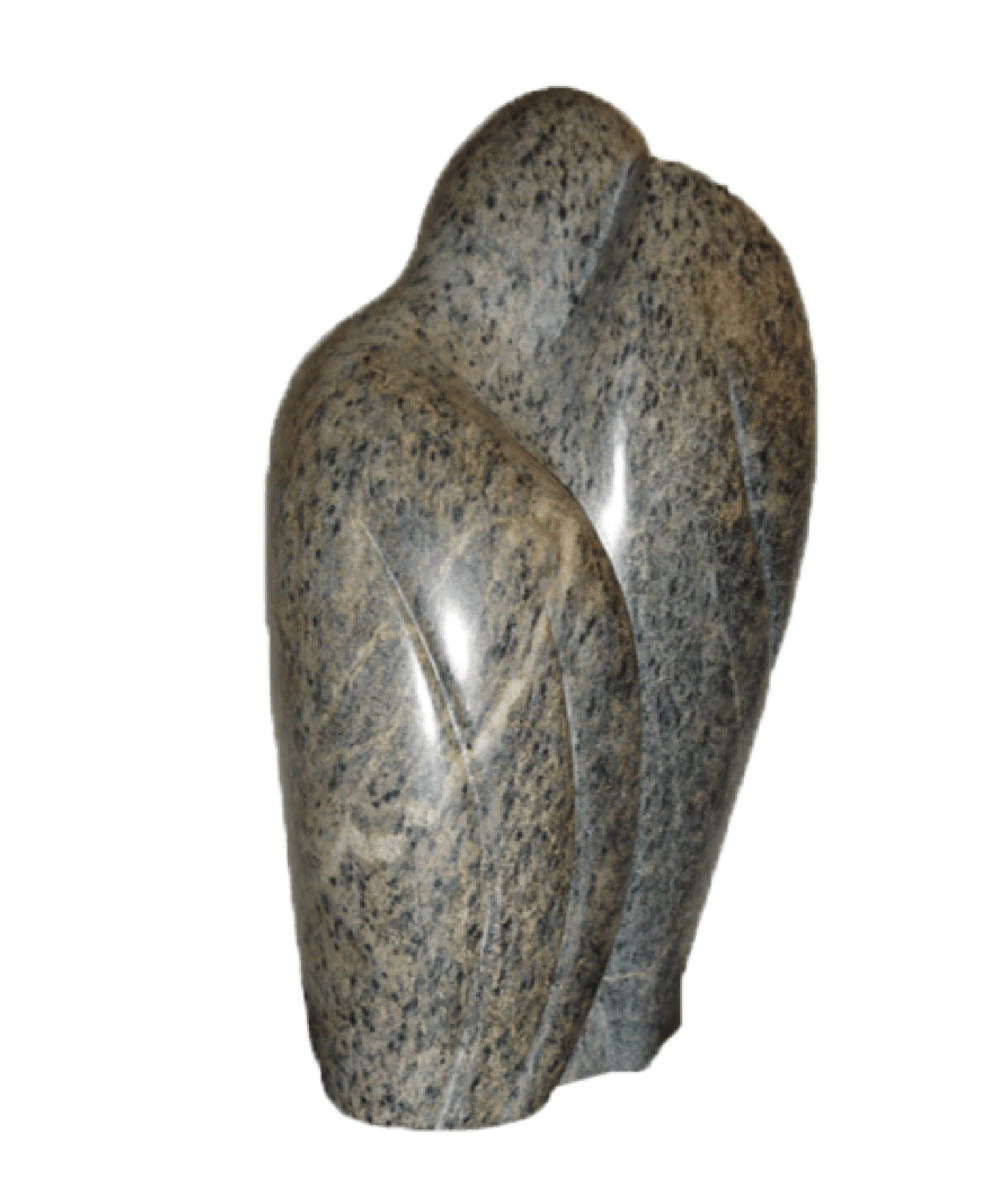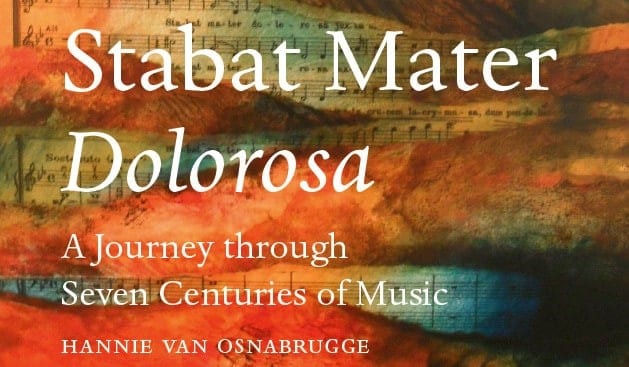Surprisingly, it appears that a counterpart of the Stabat Mater exists, the Stabat Mater Speciosa. It has been found in a fifteenth century handwritten manuscript. This poem describes the feelings of Maria after the birth of her child. It has been set to music by Liszt and Diepenbrock, who both also composed a Stabat Mater Dolorosa.
The version by Liszt consists of no less than 23 stanzas! Three stanzas (8a, 8b and 13b in the following table) have no counterpart in the “Dolorosa”. I think that we may assume that these have been added later by someone other than the original poet of the Speciosa. Diepenbrock also includes the stanzas 8a and 8b, but stanzas 9, 10 and 13 are missing, or left out deliberately by Diepenbrock. Comparing both versions it is interesting to note, that there is a difference in line 1 of stanza 5: “Quis est, qui non gauderet” (Liszt) versus “Quis est homo, quin gauderet” (Diepenbrock) and in lines 2 and 3 of stanza 11: “Pone nostro ducas plagas cordi fixas valide” (Liszt) versus “Prone introducas plagas cordi meo valide” (Diepenbrock).
The “Speciosa” is clearly based on the “Analecta”-version of the “Dolorosa”, and it is easily seen that the rhyming scheme is not followed as strictly as in the “Dolorosa”, especially in the third lines (see stanzas 7 and 8: subditum – diversorio).
The complete text is as follows; the English translation I made is based on a Dutch translation.
I did find a translated rhyming version in German.
|
Stabat Mater Speciosa |
||
Iuxta foenum gaudiosa Dum iacebat parvulus |
1 |
stood joyously at the crib in which her child lay |
Laetabundam et ferventem Pertransivit iubilus |
2 |
Dancing with joy Went a song of rejoicing |
Fuit illa immaculata Mater unigeniti! |
3 |
was the immaculate Mother of the Only-begotten |
Exultabat cum videbat Nati partum incliti |
4 |
And exultant did she watch The birth of her divine son |
Christi Matrem si videret In tanto solacio? |
5 |
If he saw the Mother of Christ In such comfort? |
Piam Matrem contemplari Ludentem cum Filio? |
6 |
Watching Christ’s Mother Playing with her son? |
Vidit Iesum cum iumentis, Et algori subditum. |
7 |
Amidst beasts of burden she saw Jesus subjected to the cold. |
Vagientum adoratum Vili diversorio |
8 |
That she adored, crying Swathed in cheap bandages |
Coeli cives canunt laete Cum immenso gaudio |
8a |
The angels sing joyously And in great rejoicing |
Non cum verbo nec loquela Stupescentes cordibus |
8b |
Without speaking, and his heart Filled with unspeakable wonder |
Me sentire vim ardoris Fac, ut tecum sentiam |
9 |
Make me feel your ardour Let me share it with you. |
In amando Christum Deum Ut sibi complaceam |
10 |
With the love of Christ-God And find grace in his eyes |
Pone nostro ducas plagas Cordi fixas valide. |
11 |
Cause your sufferings To be fixed deeply in my heart. |
Iam dignati foeno nasci, Poenas mecum divide. |
12 |
Let me share my part Of the penance He deigns to bear |
Iesulino cohaerere Donec ego vixero |
13 |
and share the adoration of Jesus, as long as I shall live |
Puerino fac me frui Dum sum in exilio |
13a |
May the child be my refuge In my exile |
Ne me facias immunem, Ab hoc desiderio. |
14 |
Make that I do not turn From this desire. |
Mihi iam non sis amara Fac me parvum rapere |
15 |
Be not bitter towards me, Let me take the child in my arms |
Qui nascendo vicit mortem, Volens vitam tradere. |
16 |
Who by his birth conquers death, And is willing to give his life. |
Nato tuo inebriari, Stans inter tripudia |
17 |
Intoxicated with your first-born Under such good omens. |
Obstupescit omnis sensus Tali decommercio. |
18 |
All feelings are silenced By such selflessness |
Verbo Christi praemuniri Conservari gratia |
19 |
And Christ’s word strengthen me, And his blessing save me. |
Fac, ut animae donetur Tui nati visio |
20 |
Then let my soul behold, The sight of your first-born. |




